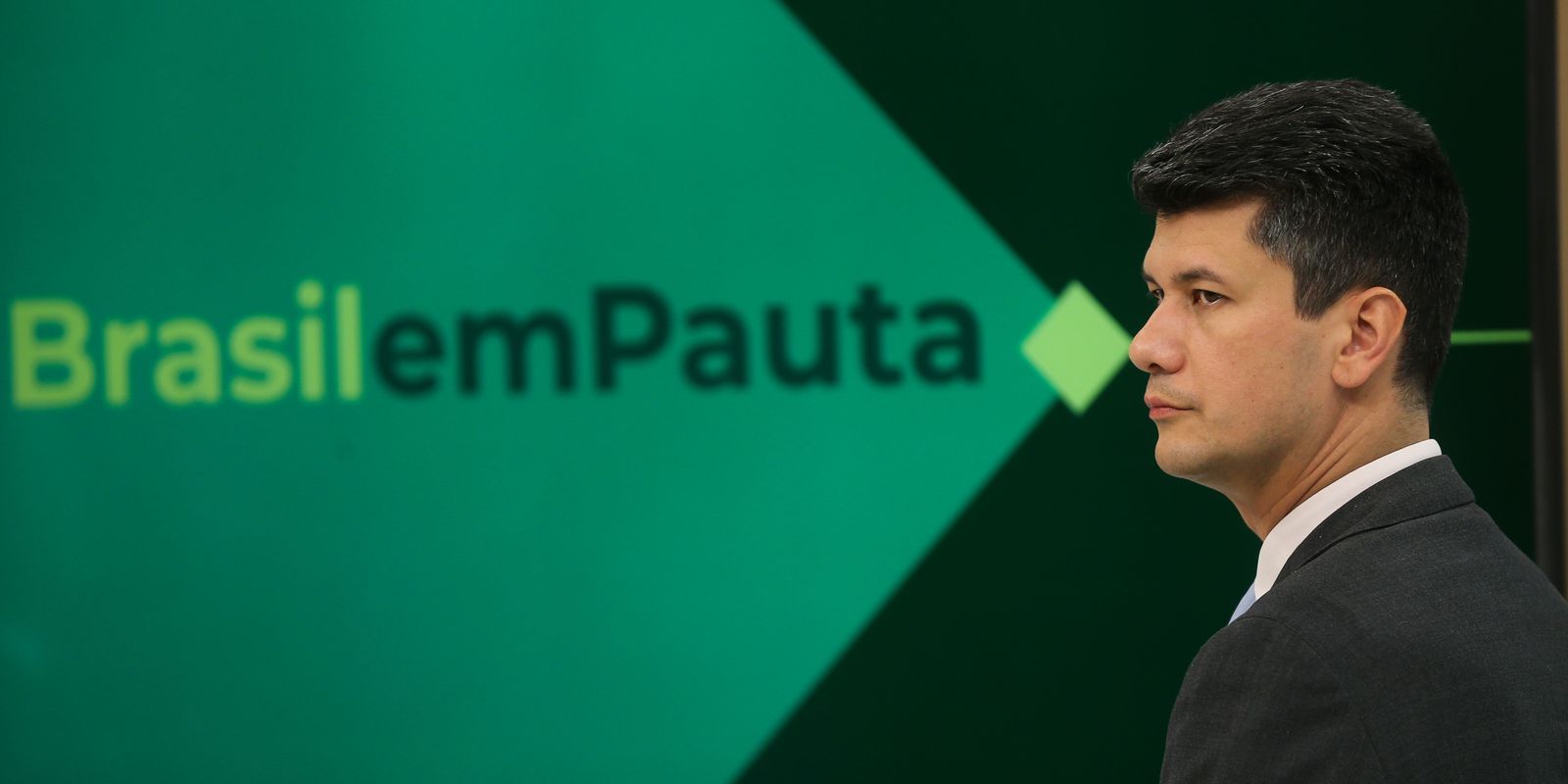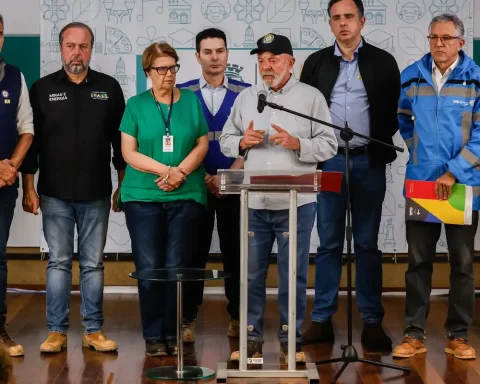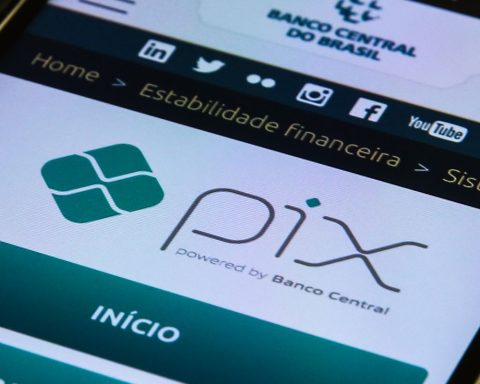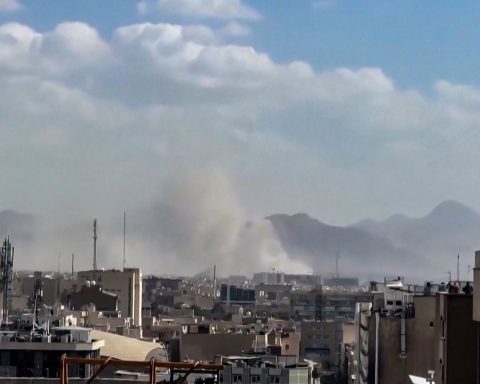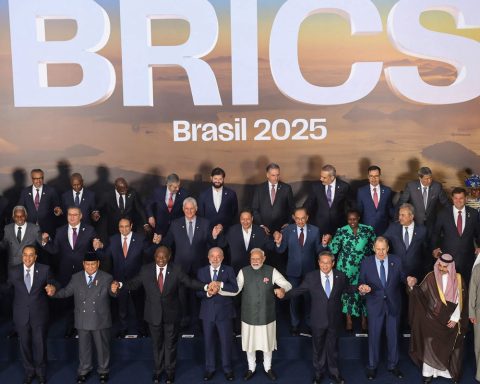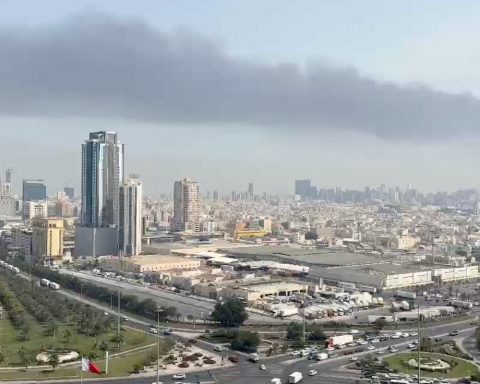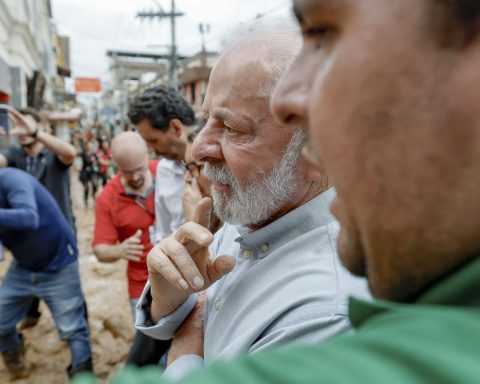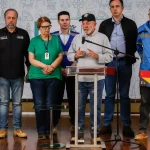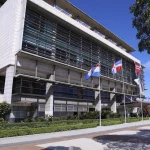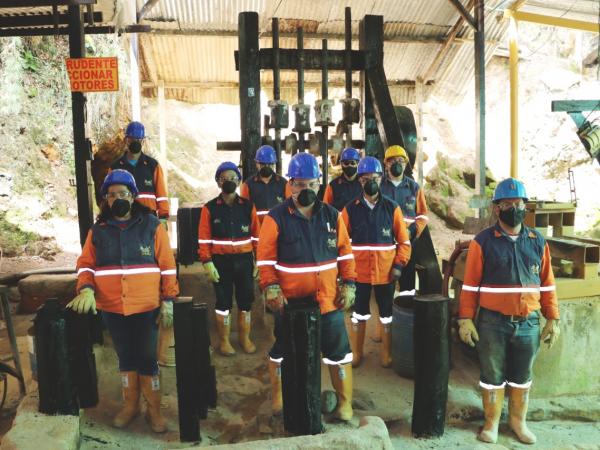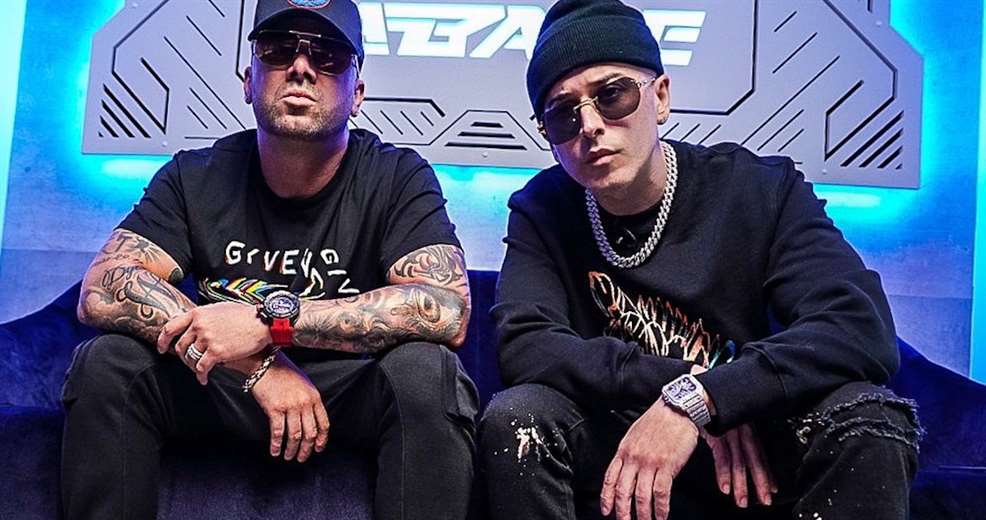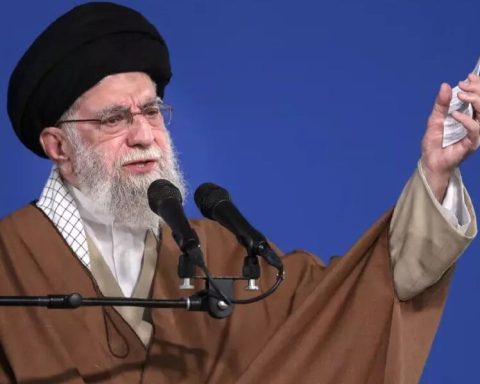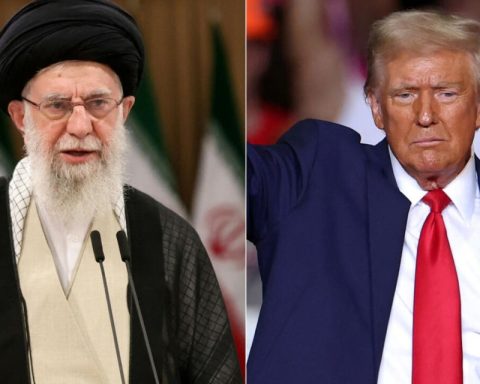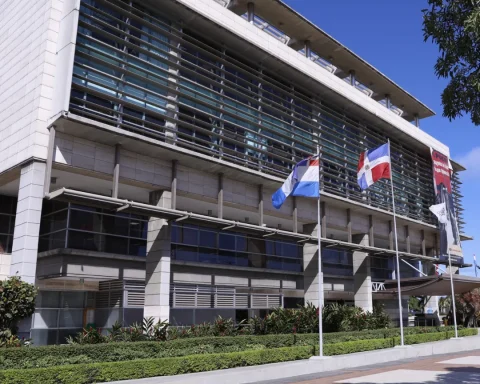November was a milestone for the green economy and the carbon market. That’s because the final agreement of COP 26, held in Glasgow, Scotland laid the foundations for the carbon market. “It’s a global trend, not just in Brazil”, says the president of the National Bank for Economic and Social Development (BNDES), Gustavo Montezano, interviewed on the program Brasil em Pauta this Sunday.
According to Montezano, it is up to operating agents, such as the BNDES, to create this structure. The bank’s president mentioned the Floresta Viva program, in which R$ 500 million will be invested, initially, in reforestation and restoration of hydrographic basins. R$ 250 million will be donated by BNDES and another R$ 250 million by companies, which, according to Montezao, starts as a donation and then becomes an investment, since the reforested forest will be a source of carbon credits to be purchased.
Sanitation Landmark
The president of the BNDES also spoke about the Sanitation Framework, created to expand and improve access to sanitation services and which has the bank’s support and financing. “The lack of treated water is a great barrier to social development, education and regional development,” he said. According to Montezano, the projects already financed have impacted 20 million people and new projects should be developed in Alagoas, Rio of January and Rio Grande do Sul.
Assistance to small business owners in the pandemic
In the interview, the president of the BNDES also spoke about helping micro and small businessmen during the pandemic. He mentioned that, in 2020, there were R$540 billion in loans for the category. This year, the value reached R$ 800 billion. “We were an example in the global market of how to support the economy.”
You can check the complete interview in Brazil in this Agenda Sunday (5) which airs at 7:30 pm, on the TV Brazil.
